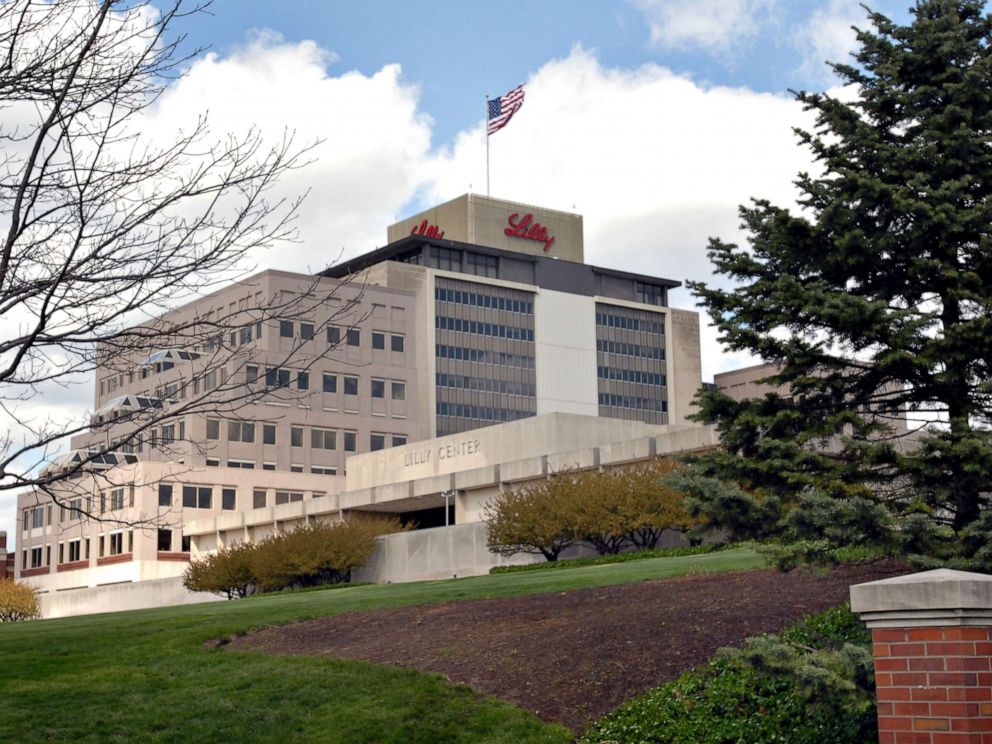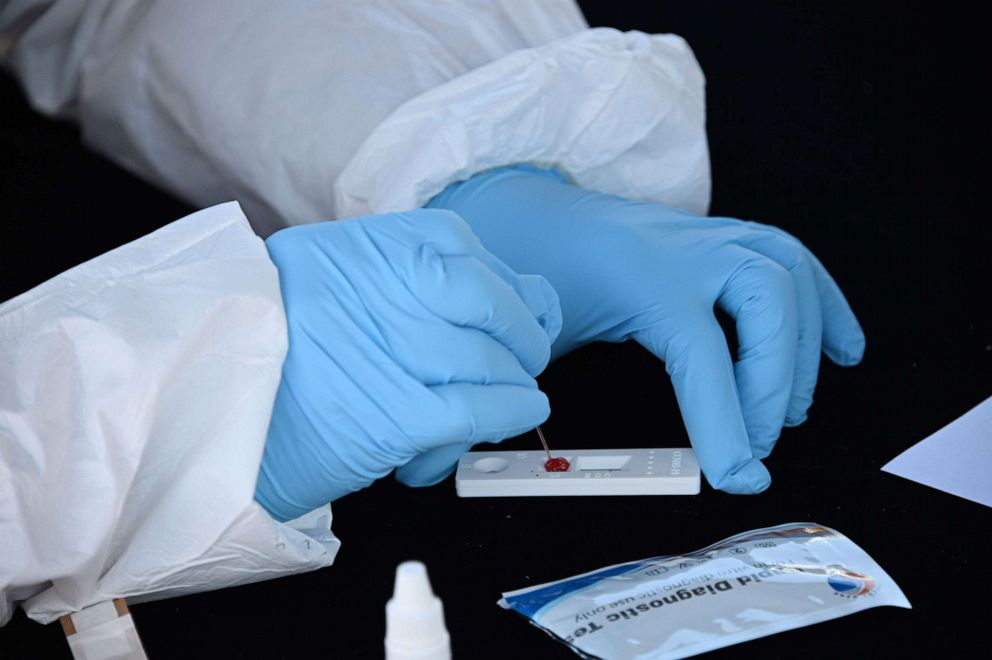Nursing home leaders hope new antibody trials will put them on 'offense' against COVID-19
Nursing home residents account for more than 40% of COVID-19 deaths in the U.S.
For the medical director at one of the nation’s largest nursing home operators, the opportunity to open the facilities to pharmaceutical giant Eli Lilly and Company to conduct research on a promising new coronavirus treatment was irresistible.
After spending the past six months trying desperately to keep the deadly virus from invading their facilities, Dr. Mark Gloth said he believes he is finally getting a chance to strike back.
“Our hope is this is not going to just be a defense, but our best offense,” said Gloth, the medical director for ProMedica Senior Care, which operates 222 senior facilities around the country. “To not only hold back this virus, but hopefully conquer it.”
On Monday morning, Eli Lilly announced the start of a late-stage study on so-called “monoclonal antibody” treatment, a therapy the company hopes will offer short-term protection to residents and staff at nursing homes, arguably one of the most important frontlines of the pandemic.
"We know from preclinical experimentation that the antibody has the potential to block transmission of the disease," said Dr. Dan Skovronsky, the chief scientific officer of Eli Lilly. "In other words, if we give it to an individual, we're testing to see whether they're now protected from getting infected with the virus.”

Residents of nursing homes have accounted for more than 40 percent of the coronavirus deaths in the country since the outbreak began earlier this year, according to state figures reviewed by ABC News. In some states, including Maryland and Texas, the national guard has been deployed in strike teams to try and contain deadly outbreaks.
Gloth called the potential for a new protective treatment both “encouraging” and “exciting.”
Given by infusion, monoclonal antibodies are similar to the use of antibodies harvested from the blood of people who have already recovered from coronavirus. But unlike plasma, which relies on donors, monoclonal antibodies are manufactured as a pharmaceutical product, meaning they should be much easier to produce in large quantities.
In order to see if they help protect the nation’s most vulnerable patients, Eli Lilly and ProMedica (formerly known as HCR ManorCare) have teamed up. Whenever one of the company’s skilled nursing or assisted living facilities reports its first new positive test for COVID-19, the research team plans to deploy a mobile lab and medical team to that location to sign up nursing home residents and staff for the study.
When word of the first coronavirus case at a ProMedica nursing home in Moline, Illinois, came late last week, Gloth said, it took the research team less than 24 hours to set up an infusion center in the dining hall, and they were doing the first infusions just a few hours later.

The infusions themselves take about an hour, with research teams conducting follow up checks on the recipients over the ensuing days and weeks. Some recipients receive the antibodies, while others are given a placebo – typically just saline.
Gloth said earlier phases of the trial suggest the risks to those receiving the treatment are minimal, and the treatments do not prevent them from receiving other COVID-19 care.
At first, Gloth said, the flood of information about the trial was hard for some of the residents and their family members to digest, especially because they remain physically isolated from each other.
“Think about it,” Gloth said. “You’ve got a loved one in a skilled nursing facility. You’ve just found out there’s been an exposure at the facility. And that there’s a potential opportunity to be part of a study that may help. But you can’t come in and sit by their side and hold their hand and talk to them about it. That’s been a difficult thing.”
Despite that, Gloth said the interest in participating, both among residents and staff, has been high.
Eli Lilly said it hopes to enroll about 2,400 participants in the study. Gloth said that could ultimately involve introducing the antibody treatment at 20 to 30 of the company’s facilities.
Gloth remains hopeful the treatment will prove effective – a first step in slowing down a virus that has left a grim toll in its wake, especially in the nation’s nursing homes.
“In our population, the frailest of the frail, that’s critically important,” he said. “Anything we can have to take the offensive here is going to be really, really important for us.”




